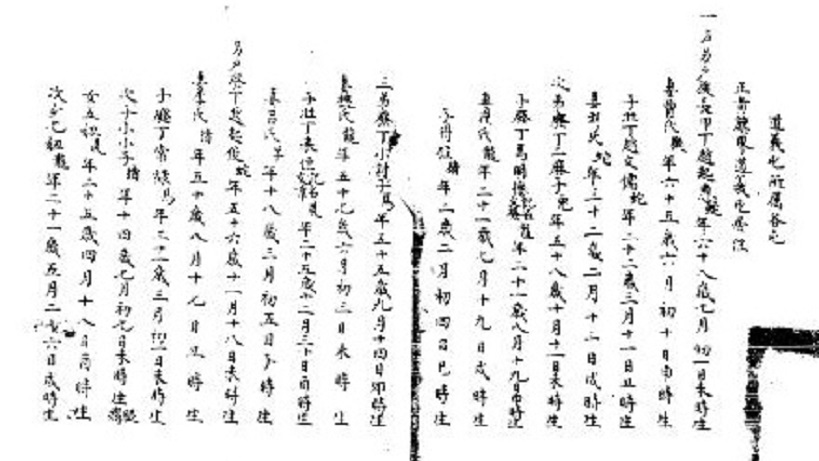Prof Cameron Campbell
PhD in Demography and Sociology
Acting Dean of Humanities and Social Science
Chair Professor
Prof Cameron Campbell’s research addresses aging in two specific ways. In one line of research he studies population and family in China in the 18th and 19th century resulting in a long line of literature of papers and books. This work is based on longitudinal population databases for historical Liaoning and Heilongjiang which his team created from household registers. They record individuals every year or every three years, generating life histories that follow people from birth to death and even follow families over multiple generations. This allowed Campbell and colleagues to look at how processes unfold across the life course including how conditions in childhood affect health and mortality at later ages, and how characteristics of parents and grandparents affect the outcomes of individuals. Campbell and his team have also used the data to study the family structure, household structure and living circumstances of the elderly. Results show that much of what we think we know about the elderly in the past is in fact based on ideals, not reality. One example is that most people in China believe that in the past, families were large, and the family patriarch would live together with his wife, sons and their wives and grandchildren. According to Campbell’s analysis, the reality was very different. Because the death rate was high, many adults did not have surviving parents and there also existed elderly people who had no surviving adult children to support them. With their data, the team explores how elderly childless people were being taken of.
Campbell and his team’s data have been publicly released with the Inter-university Consortium for Political and Social Research. The original data specify whether individuals are classified as elderly or retired by the Chinese state Although we are very familiar now with retirement as an important part of our lives, we have a limited understanding on how it worked in historical populations, and the data that Campbell and his collaborators have released is being used to study retirement in rural China before the 20th century. Prof Campbell and his colleagues have also been constructing a database from personnel records from the civil service of the Qing Dynasty from the middle of the 18th century to the beginning of 20th century. Right now, his team is looking at age patterns of exit from service as an official to gain insight into the retirement of civil officials.
